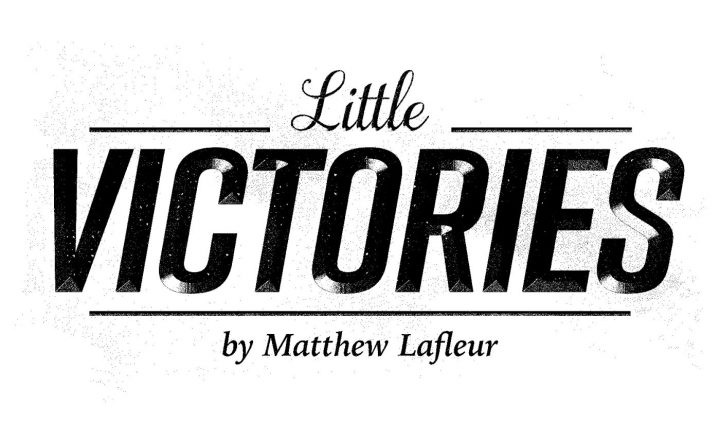My Physical Therapy Progress: Mastering the Dead Man’s Crawl
Written by |

At my latest physical therapy appointment, I was out of my wheelchair and on the floor mats, struggling to maintain a “table” position. Mastering that position is the beginning of working on crawling more like a toddler and less like a mortally wounded soldier on the battlefield.
My physical therapist shouted words of motivation as he focused on my sincere efforts at this rudimentary task.
His voice had a new, pressing tone as he said, “HOLY CRAP! Do you know what you just did?”
My entire focus was on my hands to stabilize the front of my body, on my elbows not to bend, on my knees to stay steady, while trying to keep my head up and my eyes focused in front of me. So I didn’t notice anything as I was trying not to collapse.
“Nope,” I whispered, out of breath.
“Your hip was swaying to the right,” he said excitedly. “Normally, every time that happens, you continue listing until you wipe out. But when you started swaying, you caught it and got back up. THAT’S NEVER HAPPENED BEFORE! Try doing it on your left side.”
So I leaned to the left. I caught myself and centered, but I didn’t fall.
“WOW!” he said. Even though this was a tiny shift in my functioning, I was proud of myself. “Try it again!” my physical therapist urged.
I leaned to my right again, but this time I leaned too far — I kept going and couldn’t stop myself from collapsing onto my side.
“Yeah, you were exhausted,” my PT said coolly, rationally. The edge of excitement in his voice was gone. I missed it.
“Still, that was incredible. Wow,” he said, as I lay on my side on the floor of his clinic. “That was new.”
***
Life with a gradually progressive disease like Friedreich’s ataxia (FA) causes a person to be attuned to his own body. We recognize subtle changes in our functioning.
Mostly, every daily physical action we make becomes a little more difficult and a little more unfamiliar. Tasks go from moderately to extremely difficult, then they become impossible.
We learn to notice a slight unfamiliarity, and then another ability is gone.
I felt the small shifts in my ability right before I could no longer stand in the shower or transfer to bed without a hold for support.
I used to think of my body as a harbinger of sorts — an omen. I had thought that changes in function would lead to further handicap.
But then …
‘Do you know what you just did?’
In a life marked by declining abilities, noticing some beneficial changes in my body is remarkable. I know that FA will continue sapping my abilities until a treatment or cure is discovered, but until then I am overjoyed at the small signs of progress.
People with FA usually notice the scary signs of physical decline. But I think that if we stay as healthy and active as we can, we sometimes may be surprised by hope.
I’m still just a mortally wounded soldier on the battlefield.
But maybe I don’t have to crawl like one.
I’m working on it.
***
Friedreich’s Ataxia News is strictly a news and information website about the disease. It does not provide medical advice, diagnosis, or treatment. This content is not intended to be a substitute for professional medical advice, diagnosis, or treatment. Always seek the advice of your physician or another qualified health provider with any questions you may have regarding a medical condition. Never disregard professional medical advice or delay in seeking it because of something you have read on this website.



Leave a comment
Fill in the required fields to post. Your email address will not be published.